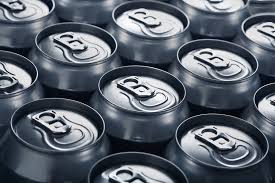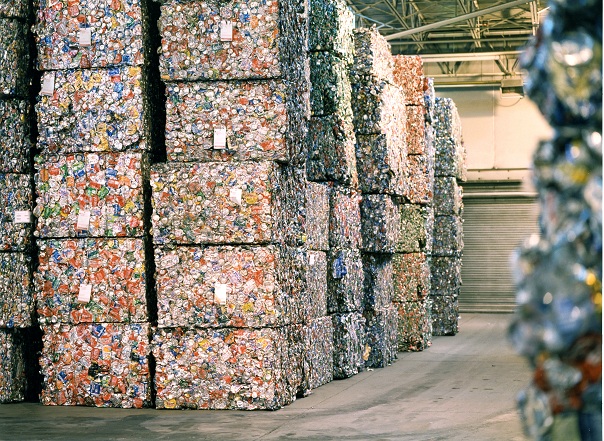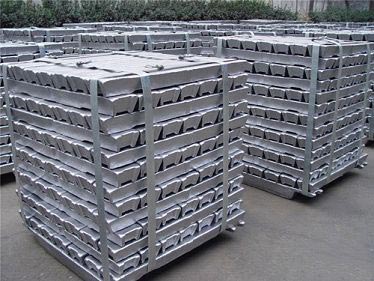
Recycling is an important part of reusing resources and reducing the toll that human activities take on the planet. The aluminum recycling process, in particular, has come a long way, providing individuals with massive returns on the products that they use. Recycling allows businesses to optimize their resources while reducing the need for extensive extraction processes on the earth itself.
The Recycling Process

Like any form of recycling, the process begins when a consumer throws away the aluminum
cans into a recycling bin. When the bin is full of aluminum cans, the aluminum is collected and taken to a special treatment plant where it is processed. At the plant, the aluminum is sorted and thoroughly cleaned before it is ready for reprocessing. Afterwards, the cans are taken through their appropriate belts and melted. Here, the massive amount of cans are turned into molten aluminum. This process also removes inks and coatings that may have been present on the cans when they were released for consumer use.

After the aluminum has been melted, it is then processed into massive blocks called ingots. These ingots can contain as many as 1.6 million cans each. Once the ingots are collected, they are sent to mills where they are flattened and rolled out, which gives the material itself a greater degree of flexibility and strength. At this point, the raw aluminum sheets are processed into all types of products, such as meal packaging containers, chocolate wrappers, consumer foil and cans. The entire process takes about six weeks, and once it is completed, the recycled aluminum is then sent back to the market where consumers can buy the products again.
The Benefits
The benefits that come with recycling aluminum cans are tremendous. The plant itself is often open the entire day for 50 weeks out of the year. Each plant can recycle upwards of 18 million cans a day, which results in the production of 15 ingots a day that can weigh upwards of 27 tons.
During the recycling process, the plants can save as much as 95 percent of the energy necessary to create aluminum cans from raw materials. Additionally, the process can save up to 95 percent of greenhouse gas emissions when compared to the primary smelting process. The entire planet’s carbon footprint is reduced when recycling saves on raw materials, and treatment plants help reduce the space needed for cans in a landfill.